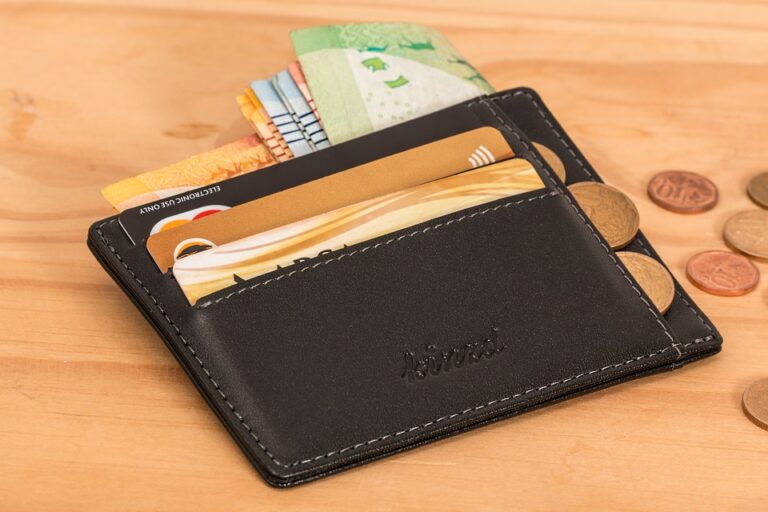Last updated Apr. 2, 2025 by Charles Zemub
Buying a car from a private seller can be an exciting yet challenging process. It often presents an opportunity to find a good deal that you might not get from a dealership. However, it also requires careful consideration and due diligence to ensure that the purchase is safe and the vehicle meets your expectations. In this comprehensive guide, we’ll walk you through the essential steps to buy a car from a private seller successfully.
1. Research and Preparation
Define Your Budget
Before you start browsing listings, establish a clear budget. Remember to account for additional expenses such as registration, insurance, taxes, and potential repairs. It’s advisable to leave some wiggle room in your budget for unforeseen costs.
Identify Your Needs
Consider what you need in a vehicle. Are you looking for a family car, a commuter vehicle, or perhaps something more versatile like an SUV? Knowing your requirements will help you to narrow down your options.
Conduct Market Research
Research the make and model of vehicles you are interested in. Check online platforms to get an idea of the average price range for those cars. This will equip you with the knowledge to identify fair pricing when shopping around.
Use Reliable Platforms
Choose trusted websites or forums dedicated to car sales. Websites such as Craigslist, Autotrader, and Facebook Marketplace are popular options, but they come with inherent risks. Ensure the platform allows for proper communication with sellers before committing.
2. Finding the Right Car
Scrutinize Listings
When searching for a car online, pay attention to detailed listings. Important information should include vehicle history, mileage, condition, and a fair number of photos. Listings that are too vague or lack photos should be approached with caution.
Contacting the Seller
Once you’ve found a promising listing, reach out to the seller. Prepare a list of questions that might not be covered in the listing. These could include:
- Why are they selling the car?
- Has the vehicle been in any accidents?
- How many previous owners?
- Do they have maintenance records?
Verify Vehicle History
It’s crucial to obtain a vehicle history report, such as Carfax or AutoCheck, to verify the car’s background. This report can uncover past accidents, title issues, or odometer discrepancies that might affect your purchase decision.
3. Inspection and Test Drive
Arrange a Meeting
Schedule a meeting in a public place to inspect the car. Bring someone with you if possible, for safety and to have another perspective on the condition of the car.
Conduct a Thorough Inspection
Check for any signs of wear and tear, rust, or damage. Inspect the tires, paintwork, and undercarriage. Inside the car, examine the condition of the seats, electronics, and dashboard. Test all features to ensure they are working properly.
Test Drive
Test drive the car in various conditions such as city traffic and on the highway. Listen for unusual sounds from the engine, brakes, or suspension. Evaluate the comfort, performance, and overall driving experience.
Professional Inspection
Consider hiring a mechanic to conduct a comprehensive inspection. This provides peace of mind and may reveal issues that weren’t apparent during your own inspection.
4. Negotiation and Agreement
Price Negotiation
Armed with your research and inspection results, negotiate a fair price with the seller. Be respectful but assertive. Use any issues discovered as leverage in the negotiation process.
Draft a Purchase Agreement
Once a price is agreed upon, draft a purchase agreement. This should detail the terms of the sale, including the price, date of sale, and any conditions agreed upon, like included repairs or additional items.
5. Finalizing the Purchase
Payment Method
Use a secure method of payment such as a cashier’s check or bank transfer to avoid fraud. Avoid cash transactions for high amounts.
Transfer of Ownership
Complete the necessary paperwork to transfer ownership. Obtain the signed title and a bill of sale. Make sure both are filled out correctly to avoid legal complications.
Registration and Insurance
Register the car in your name with your local Department of Motor Vehicles (DMV) and obtain insurance before driving your new car.
6. Post-Purchase Considerations
Review Vehicle Operation
Get familiarized with the car’s operations, features, and maintenance schedule. This ensures you can keep it in good condition moving forward.
Plan for Future Maintenance
Budget for regular maintenance and unexpected repairs. Keeping the vehicle in good condition will improve its longevity and resale value.
✓ Short Answer
To buy a car from a private seller, start by defining your budget and researching the vehicle’s market value. Use reputable platforms to find listings, inspect the vehicle thoroughly, and obtain a vehicle history report. Arrange a meeting in a public place, go for a test drive, and consider having a mechanic inspect the car. Negotiate a fair price, finalize paperwork including a bill of sale and title transfer, and complete payment securely. Register and insure the car immediately after the purchase to ensure it’s legally yours and protected.
✓ Short Answer
To buy a car from a private seller, start by defining your budget and researching the vehicle’s market value. Use reputable platforms to find listings, inspect the vehicle thoroughly, and obtain a vehicle history report. Arrange a meeting in a public place, go for a test drive, and consider having a mechanic inspect the car. Negotiate a fair price, finalize paperwork including a bill of sale and title transfer, and complete payment securely. Register and insure the car immediately after the purchase to ensure it’s legally yours and protected.
FAQs
What should I be cautious of when buying a car from a private seller?
Be wary of sellers who refuse to meet in person or provide vehicle documentation. Always verify the car’s history and avoid transactions involving wiring money or paying upfront without seeing the vehicle.
Can I return the car if I find issues after the purchase from a private seller?
Generally, sales from private sellers are "as-is" unless stated otherwise in a written agreement. It’s crucial to be thorough during the inspection phase to avoid unforeseen issues post-purchase.
What documents do I need to complete the purchase?
You’ll need the vehicle title signed over to you, a bill of sale, and proof of insurance to register the vehicle in your name. Always keep copies of these documents.
How do I know if the price is fair?
Compare the asking price with similar models on various platforms and use resources like Kelley Blue Book to evaluate if the price is reasonable.
By following this guide, you’ll be well-prepared to purchase a car from a private seller, minimizing risks and ensuring you make a sound investment.




